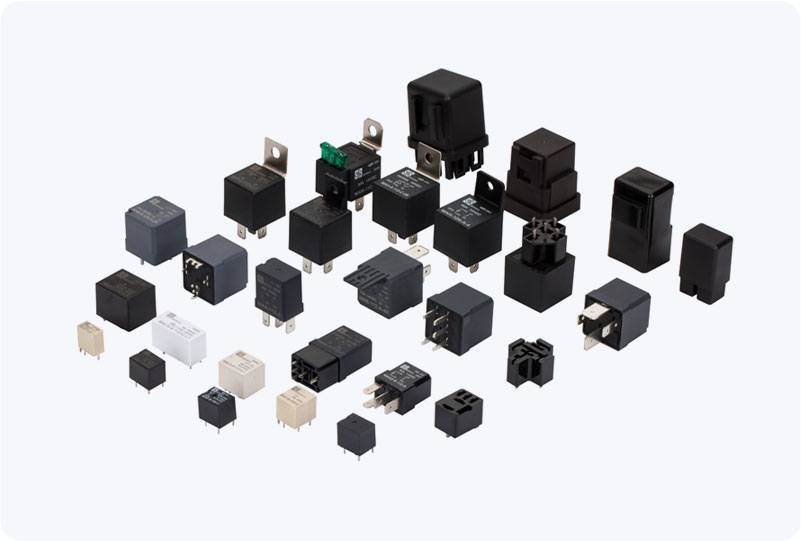motor starter relay: the key component in efficient motor control systems
Release time:2025-05-14 03:48:57
A Motor Starter Relay is an essential device used in motor control systems to manage and protect electrical motors from potential damage due to overloads, short circuits, or incorrect start-up conditions. It is a type of relay that helps ensure the motor operates within the designated parameters, providing both protection and efficient operation.

What is a Motor Starter Relay?
A motor starter relay is a type of electromagnetic switch that is activated by an electrical current. It serves as the interface between the control circuit and the motor itself. When the relay is energized, it closes or opens specific contacts in the motor’s control circuit, allowing or interrupting the flow of electrical power to the motor. The relay typically includes overload protection, short circuit protection, and sometimes even a time delay function to ensure smooth motor operation.
Functionality of a Motor Starter Relay
The primary function of a motor starter relay is to facilitate the safe and controlled operation of an electric motor. Motor starter relays control when a motor starts and stops, while also protecting it from electrical faults.

